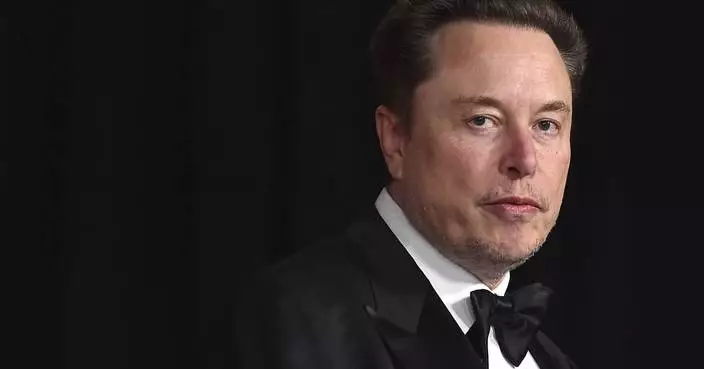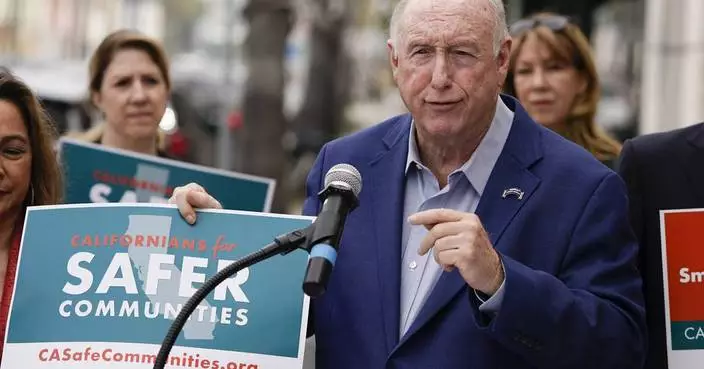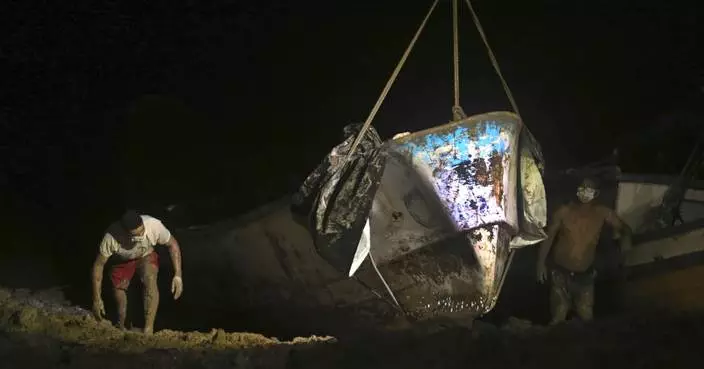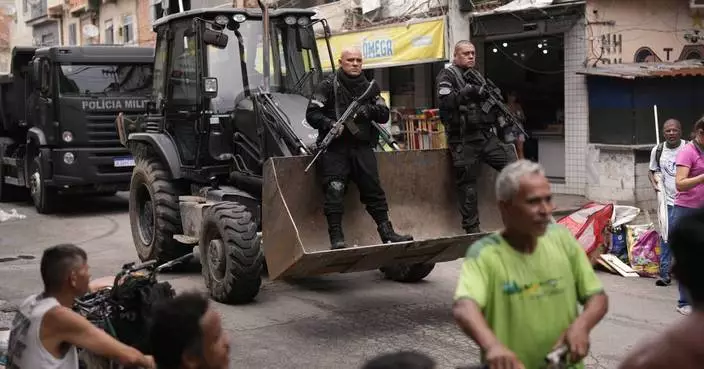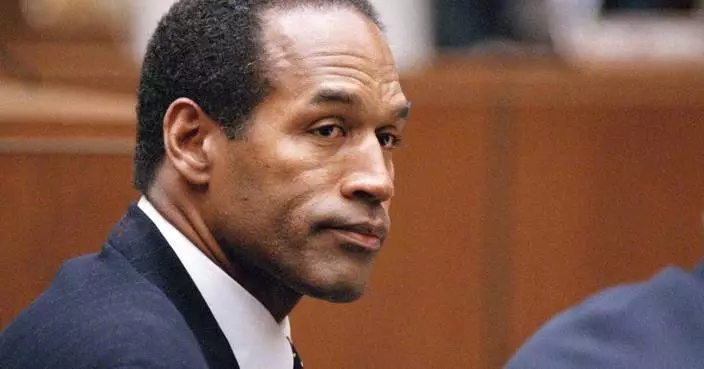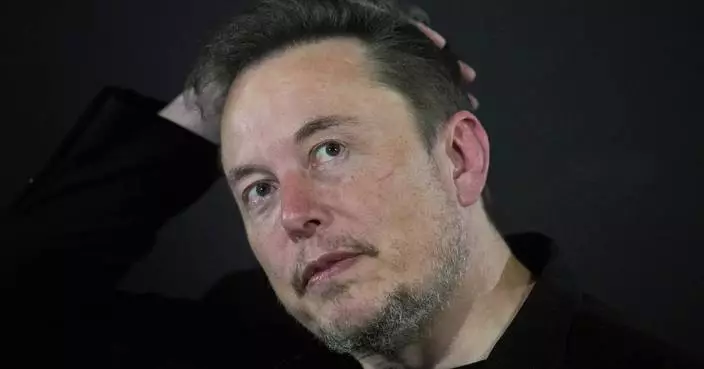The love in such a life or death situation is the greatest one.
This is a terrible but touching moment a Brazilian lawyer was murdered by a hitman when he took off his car with his wife and daughter. When the lawyer knew the death was coming, he handed his daughter to his wife before the hitman's "execution".
According to the CCTV footage, 46-year-old Andre Ribeiro got off the car and walked to the back seat to take out his daughter while his wife got off by herself.
Unexpectedly, a gunman rushed out and aimed at Ribeiro. As he realised that he has no chances to survive, he just handed his daughter to his wife and let them leave calmly.

Online Photo

Online photo
After making sure that they are safe, the brave man crawled down on the ground to face the execution.

Online photo

Online photo
The murderer shot five bullets to him and ran away with Ribeiro’s wife and daughter uninjured. The police are now investigating this case.
SAO PAULO (AP) — President Luiz Inácio Lula da Silva on Thursday announced the creation of two new Indigenous territories for Brazil, bringing the total number of new reserves during this term to 10.
The Cacique Fontoura reserve will be in Mato Grosso state and the Aldeia Velha territory will be in Bahia state. They will cover a combined total area of almost 132 square miles (342 square kilometers).
Speaking at a ceremony in Brasilia, Lula's said Indigenous peoples should be patient as he seeks to fulfill his pledge of creating 14 new territories.
Lula's predecessor, Jair Bolsonaro, had encouraged widespread development of the Amazon — both legal and illegal — and made good on his pledge to not demarcate a single centimeter of additional Indigenous land.
Lula took office in 2023 pledging to change that, but Indigenous rights activists hoped he would move faster. Last year, he demarcated six territories in April and two more in September.
The Brazilian president said during his speech that the latest two new territories would not be enough. He cited legal issues for the delay in setting aside additional lands.
“I know you have some concern because you were expecting six Indigenous lands. We decided to authorize two, and that frustrated some of our friends,” Lula said, standing next to his Indigenous peoples minister, Sônia Guajajara, who wore a traditional yellow feather headdress. “I did this so I wouldn't lie to you. It is better to solve the problems instead of just authorizing it.”
The four envisioned Indigenous territories that were not authorized are occupied by farmers who have ownership rights to those lands, Brazil's government said.
Indigenous leader Dinamam Tuxá told journalists he was “partially happy.”
“Every new Indigenous territory is a victory,” Tuxá said.
Last year, Brazil’s Supreme Court ruled to enshrine Indigenous land rights in a case brought by farmers seeking to block Indigenous peoples from expanding the size of their territorial claims.
The court rejected a legal theory arguing the date that Brazil's constitution was promulgated — Oct. 5, 1988 — should be the deadline for when Indigenous peoples had to have already either physically occupied land or be legally fighting to reoccupy it.
Several lawmakers in Brazil's Congress are still pushing to revive that theory and fit it into legislation.
Indigenous rights groups argued the concept of the deadline is unfair, saying it does not account for expulsions and forced displacements of Indigenous populations, particularly during Brazil’s two-decade military dictatorship.
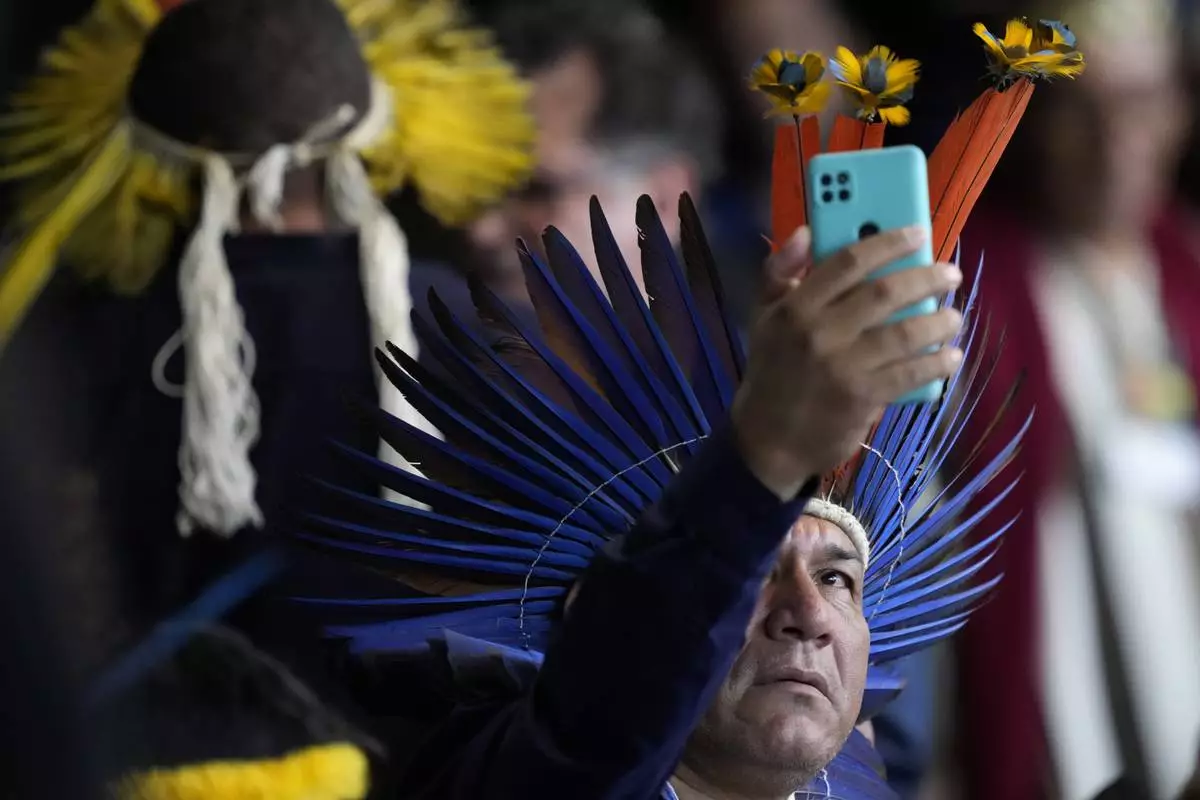
An Indigenous representative takes a photo with his cell phone as he waits for the start of the closing ceremony of the 1st Ordinary Meeting of the National Council for Indigenous Policy, in Brasilia, Brazil, Thursday, April 18, 2024. The council, dissolved in 2019, was revived in 2023. (AP Photo/Eraldo Peres)
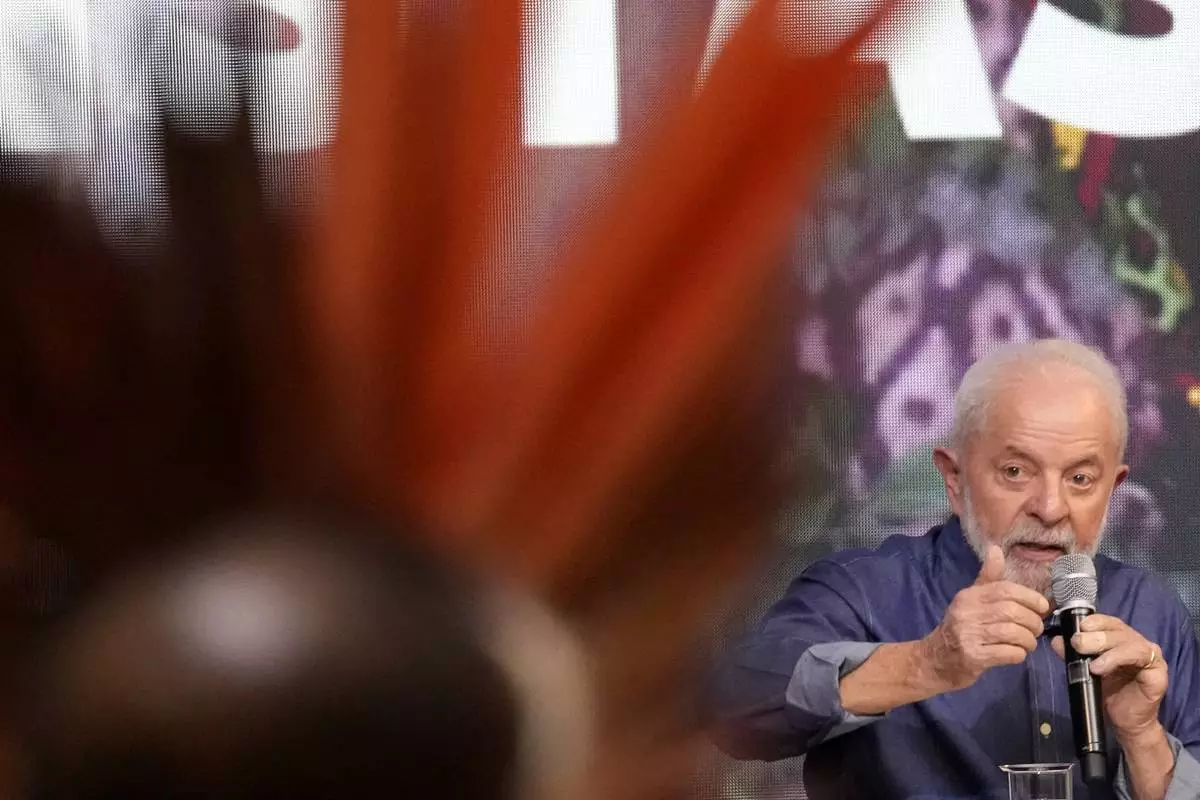
Brazil's President Luiz Inacio Lula da Silva speaks during the closing ceremony of the 1st Ordinary Meeting of the National Council for Indigenous Policy, in Brasilia, Brazil, Thursday, April 18, 2024. The council, dissolved in 2019, was revived in 2023. (AP Photo/Eraldo Peres)
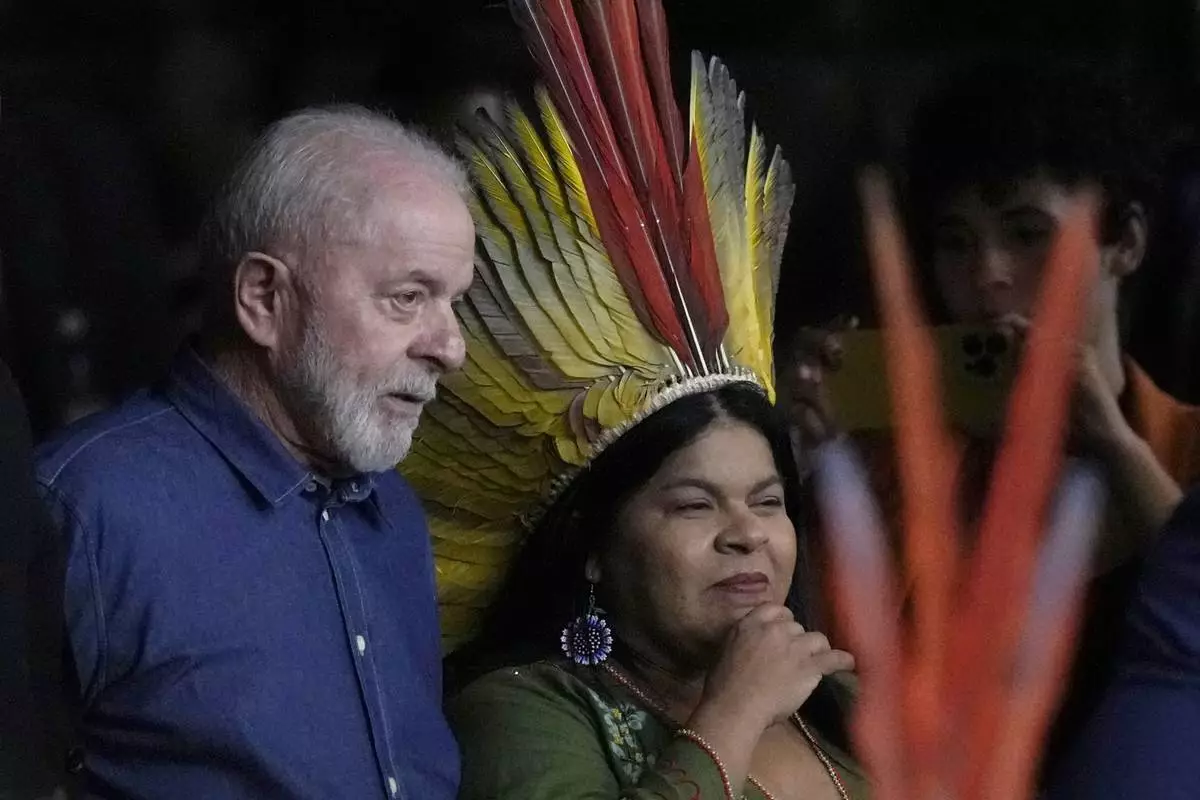
Brazil's President Luiz Inacio Lula da Silva and Minister of Indigenous Peoples Sonia Guajajara arrive to the closing ceremony of the 1st Ordinary Meeting of the National Council for Indigenous Policy, in Brasilia, Brazil, Thursday, April 18, 2024. The council, dissolved in 2019, was revived in 2023. (AP Photo/Eraldo Peres)










